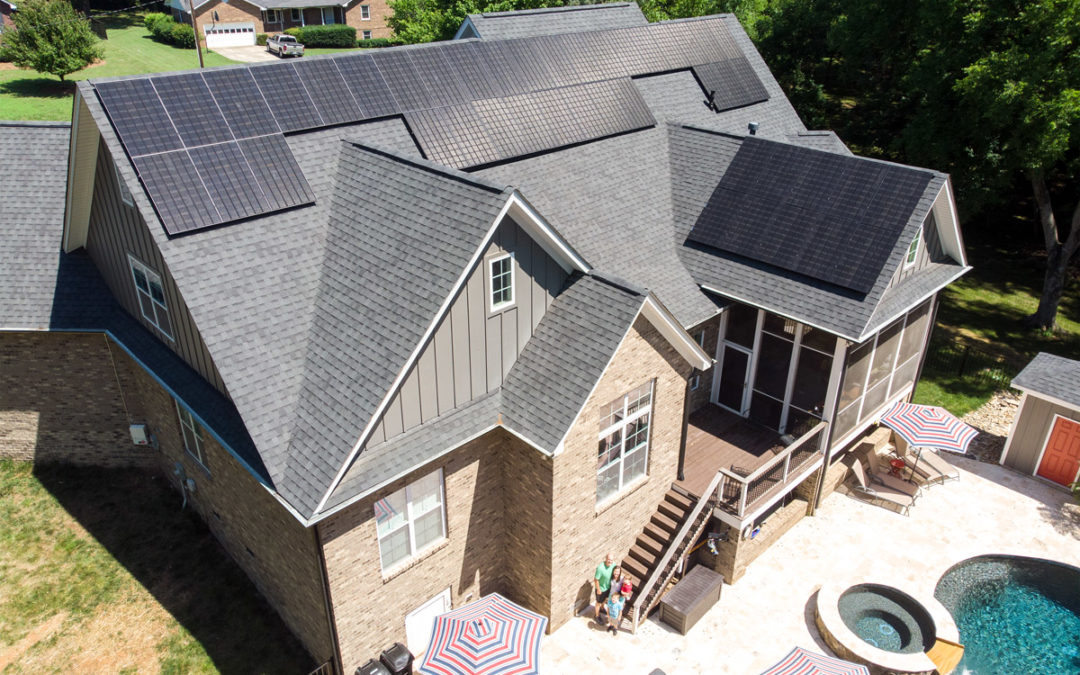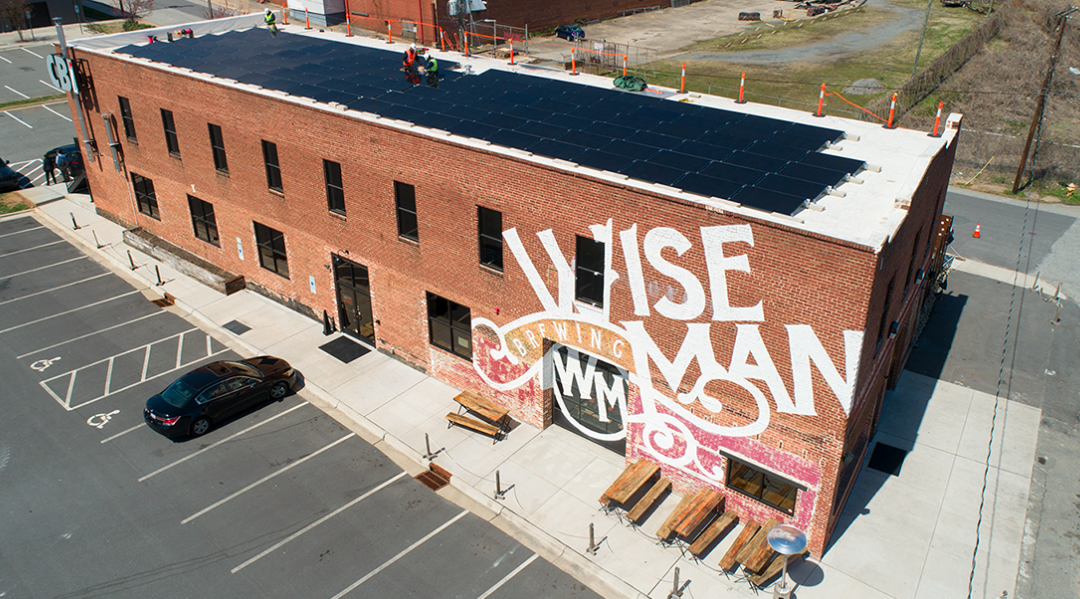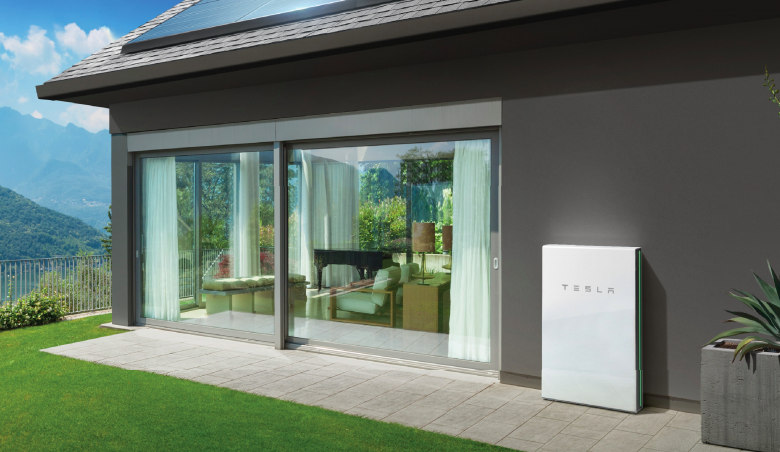Energy Saving Tips for Your Home in 2021
No matter the season, we’re always looking for energy saving tips to keep our utility bills low. To increase your energy efficiency, you need to do more than just use less energy, but actually understand how the energy is used! The first step toward saving money on your monthly bills is to become more conscious about the way your home uses electricity, heating, air conditioning, appliances, lighting, etc., so that you can make more of an effort to conserve wherever possible.
As solar experts, we at Renu Energy Solutions believe that energy is precious and should not be wasted — which is why we’re compiling a list of the best things you can do to conserve energy and save yourself money in the process. In this blog, we’ll discuss simple ways you can increase your energy efficiency and decrease your utility bills!
Energy Saving Tips to Increase Energy Efficiency
Here are some of the simple ways you can save energy throughout your home that will help out so much in the long run:
1. Turn the lights off when you leave a room
This one is a no-brainer: if you’re not in the room, the lights shouldn’t be on. Lighting can account for up to 12.5 percent of your utility bill, so an easy way to cut back is to turn them off when you don’t need them. Use natural light whenever possible and take advantage of windows in your home!
2. Use cold or lukewarm water when possible, and be conscious of how much you’re using.
When washing your clothes, dishes, or taking showers, hot water requires more energy. If at all possible, using cold or lukewarm water can limit the amount of energy it takes to complete those tasks — as long as you’re still getting clean! Some people prefer to wash their clothes and dishes on high heat, but with the right soaps and detergents you can still get that fresh and clean feel with room-temperature water, it doesn’t need to be steaming!
Speaking of water-related energy saving tips, always be aware of how much water you are using. If you can’t give up your hot showers, that’s fine! We get that! Consider limiting your steam sessions to 5 minutes or less to give your water heater a break and cut costs there. Try to only do loads of laundry or run the dishwasher when it’s full; doing half of a load or only washing a few pieces of clothing at once is a big no-no when it comes to energy efficiency.
3. Air seal your home and replace old windows.
If you live in an older home, chances are there are some drafty areas of the house or old windows that are letting your precious heating and air conditioning seep out into the world. By sealing your home, you can save up to $200 a year in heating and cooling costs, and by replacing the windows, you can save anywhere from $150-500 depending on on the size of your home!
4. Turn electronics off and unplug when you’re not using them.
As far as energy saving tips go, this is one of the easiest things you can do. When you’re not watching TV, turn it off. When you’re done working, unplug the computer, printer, fax machine, etc. Along those lines, also make sure to unplug devices when they’re finished charging. Your phone doesn’t need all night to fully charge, but it will still consume energy — which is going to be wasted!
5. Turn off ventilation fans as soon as possible.
Ventilation fans in kitchens and bathrooms are used to bring fresh air into the rooms after use, but they bring in air from the outside. This means that they are actively swapping your air conditioning and heating for outdoor air, which is wasteful and adds pressure to your HVAC system to further heat or cool the air that was replaced. When you’re done using the ventilation fans, make sure to turn them off so that you don’t waste any more energy.
6. Regularly replace the filters in your home.
Dirty air filters make your system work harder to make up for the lack of air circulation. When dirt, dust, and other contaminants build up on the filter, it makes it harder for heating and air conditioning to break through, putting them on overtime. Your home registers that even though the air is on, the temperature in your home isn’t changing, so it exerts extra energy to compensate. Having clean, clear filters make it easier for air to circulate through your home and allow your system to heat and cool as efficiently as possible.
7. GO SOLAR!
To round out our list of energy saving tips, we had to save the best for last. To save as much energy and money as possible in the long run, a solar power system is the way to go! For the average sized home in the United States, a 6 kW solar system could save you around $1,500 annually. All of these tips are great ways to conserve energy and cut costs, but if you want significant changes to your carbon footprint and utility bill, going solar is a great way to achieve both of those goals. To learn more about what you can get with solar, check out our blog “Benefits of Solar.”
Going Solar with Renu Energy Solutions
As a solar company, we’re always looking out for new energy saving tips to help our customers, but installing solar panels will always be our favorite! Whether you’re still toying with the idea or you’re completely ready to go solar, Renu can help you find the best option for you and your home. With over 3,300 commercial and residential solar installations, we pride ourselves on our experience and have completed projects of all shapes and sizes. Plus, there are additional ways to save on your system with residential solar tax incentives!
If you’re interested in converting to clean, renewable energy by going solar, contact us today for a free consultation! We’d be happy to help guide you through the solar journey from beginning to end.





